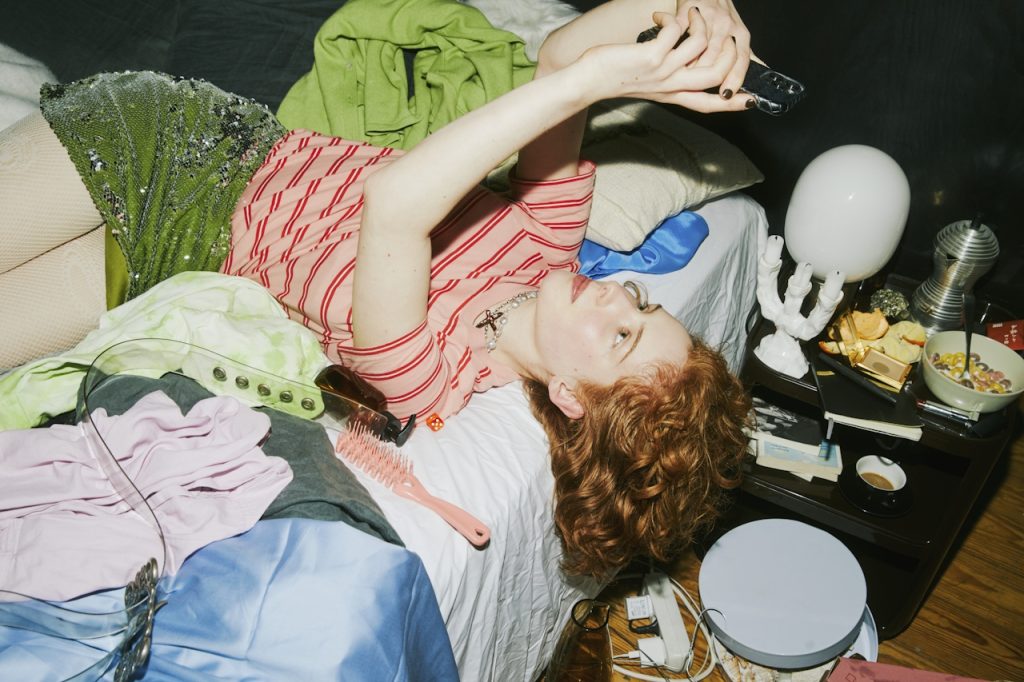There’s growing unease about our relationship with technology. The rise of short, low- quality content fuels excessive screen time, often at the expense of meaningful offline experiences. Even with a clear awareness of its impact on well-being, digital distraction remains hard to resist. In response, products, spaces, and lifestyles are now being designed to reduce screen time and promote deep focus.
From mindful design to high-end digital detoxes, calm is becoming the ultimate luxury. Wellness-first thinking is shaping how we build, buy, and live, and people are paying for peace.
Consumers are breaking up with their phones. From dumb devices to mono-tasking, people are seeking tools and habits that help them unplug, focus, and feel present.
Phone-free venues and sensory-rich spaces are creating experiences that truly captivate. The aim? To help people tune into their surroundings, not scroll past them.
Friction is no longer a flaw, it’s a feature. In a world of instant everything, people are seeking slow, intentional experiences that ask them to linger a little longer. This includes hobby-led dating.
From nature-based events to walkable cities, offline life is moving outside. Designers and planners are encouraging people to log off and step into shared, physical spaces.
Helping people disconnect isn’t just a personal choice, it’s a design opportunity. Brands can support this shift by creating products, spaces, and stories that value intentional tech use.
